The IHU HealthAge takes advantage of an omics-discovery platform shared between teams and species (human, mice, killifish) on site in Toulouse and in collaboration with leading international Centers such as the Buck Institute and the US National Institute on Aging.
The goal of this research is to advance novel molecular biomarkers that allow us the detect and manipulate biological decompensations early before structural changes occur that trigger irreversible functional decline and disease.
Further, the IHU HealthAge has built a strong network of scientists that work on different key mechanisms that drive biological aging, such as mitochondrial function, fat cell distribution, Immune-cell function and the muscle protein apelin. Bringing these scientists together plus linking them to the Clinical and Public Health Science team of the IHU HealthAge, adds enormous potential to accelerate innovation and the translation of these mechanisms to clinical application for healthy longevity.
Both programs take advantage of the already established and globally unique INSPIRE lifespan cohorts established in Toulouse including 1100 humans, 800 mice and 400 killifish, which across species assess the key functions that translate to ICOPE (i.e. mobility, cognition, mental health).
Notably, the INSPIRE human lifespan cohort will also address other dimensions of healthspan variability, such as the impact of environment, lifestyle and socio-economic determinants, in particular, on the maintenance of function. To make such systemic and multi-dimensional information usable for clinical care, we aim to use AI technologies to build practical tools merging this information to predict healthspan.

